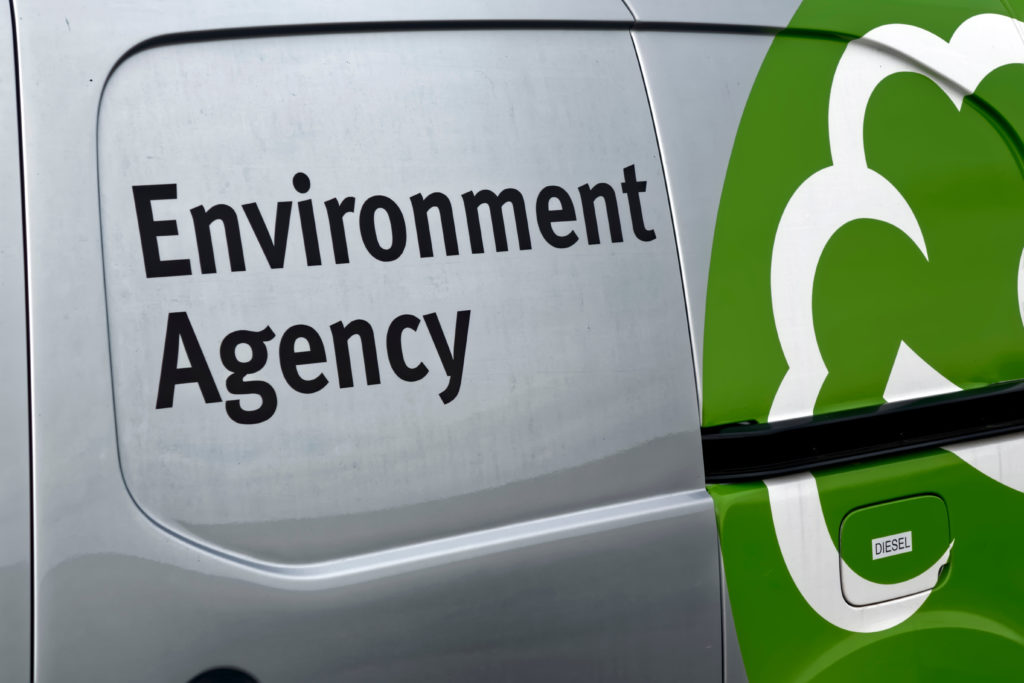Under UK end-of-waste criteria, processed fuel oils produced from waste lubricating oils may be used like virgin equivalent fuel oils and are classed as a product. The criteria were adopted in May 2010 under a processed fuel oil Quality Protocol (see letsrecycle.com story).

However, the European Commission claims that the criteria allow certain contaminants to remain in high concentrations, and that these contaminants are then released during combustion, threatening human health and the environment. It is particularly concerned that the combustion plants where the fuel is burnt are not equipped to remove pollutants in emissions such as heavy metals, hydrogen chloride and halogens.
Court
As a result, the Commission announced last week (April 25) that it has sent a reasoned opinion to the UK, giving it two months to reply. It says that if the UK fails to act, it may refer the case to the EUs Court of Justice.
A spokesman for the Commission explained that the Commission has not been happy with the UKs end of waste criteria for processed fuel oils since 2009, when the UK first set out its plans for the criteria in a draft Quality Protocol.
“The information relied upon by the UK to assert that there are no problems with halogens or heavy metals is outdated”
European Commission
However, at the time, the UK said it did not believe that burning such fuels would result in worse environmental impacts than the burning of virgin fuels, and adopted the protocol in March 2010. Its position reflected the outcome of a court case in 2007 in which three Court of Appeal Judges ruled that processed fuel oil produced by one manufacturer, the OSS Group, could be burnt other than a waste (see letsrecycle.com story).
Despite this, the Commission remained concerned about the UK criteria and maintained that they conflicted with the requirements for the development of end-of-waste criteria set out in the 2008 revised EU Waste Framework Directive. It sent a formal notice to the UK last year, to which the UK authorities replied in August 2012, disputing the breach.
Commenting on the reply, the Commission said: This reply has now been assessed and fails to answer the concerns set out by the Commission in the letter of formal notice.
It appears that the information relied upon by the UK to assert that there are no problems with halogens or heavy metals is outdated for the former and showing too high levels of pollution being accepted for the latter. In addition there are no test methods set out on how these standards will be verified and checked.
Related Links
In a statement, the Department for Environment, Food and Rural Affairs (Defra) and the Environment Agency said they were aware of the Commissions position and would respond within two months.
They said: We are considering the Commissions views and will respond to them within the two month deadline.








Subscribe for free